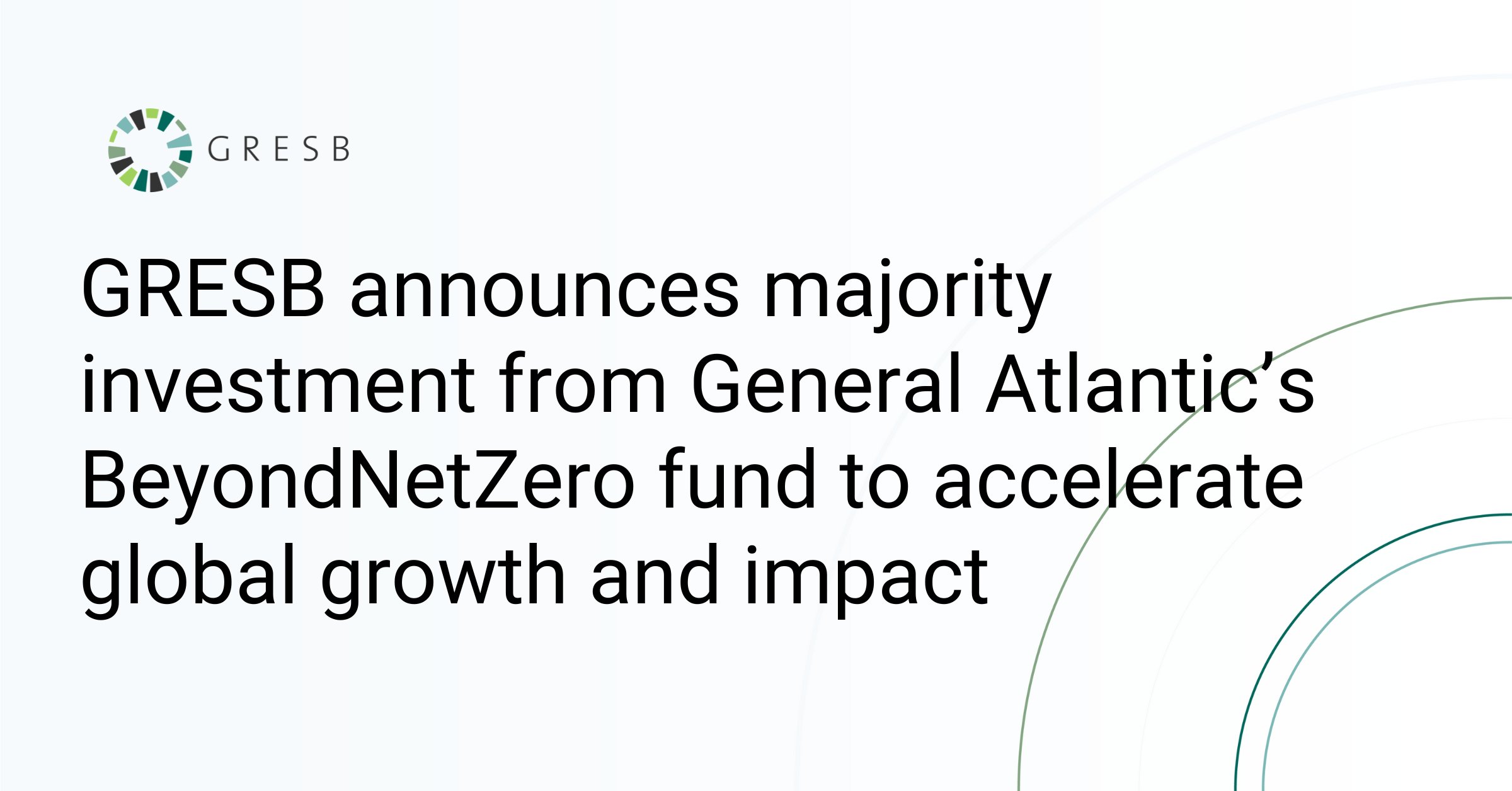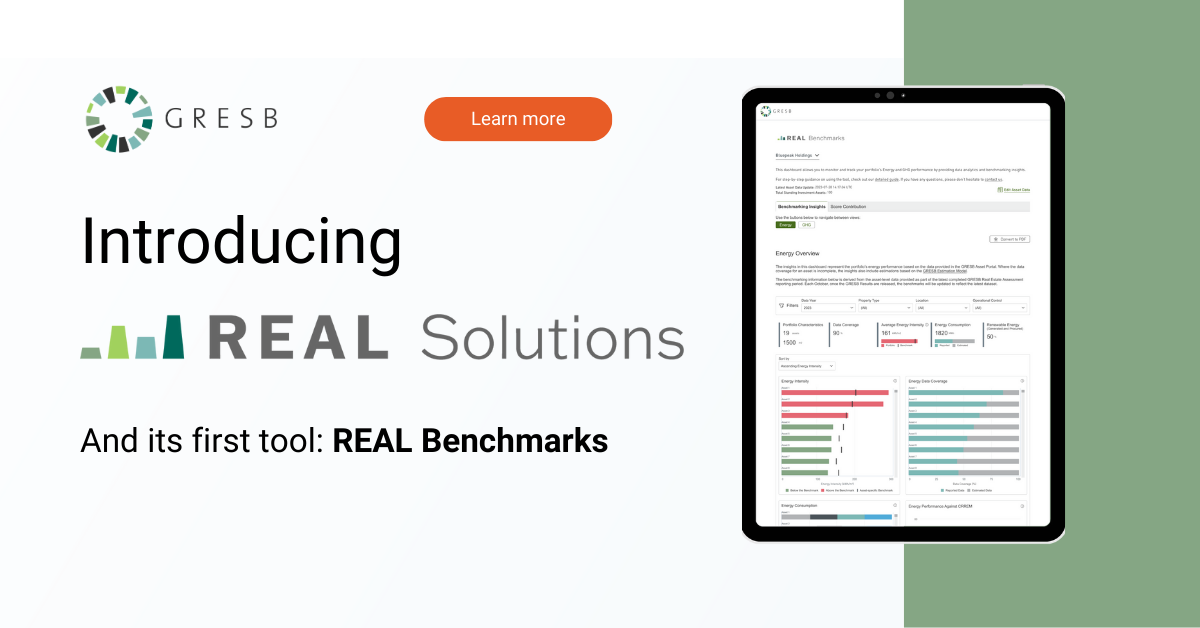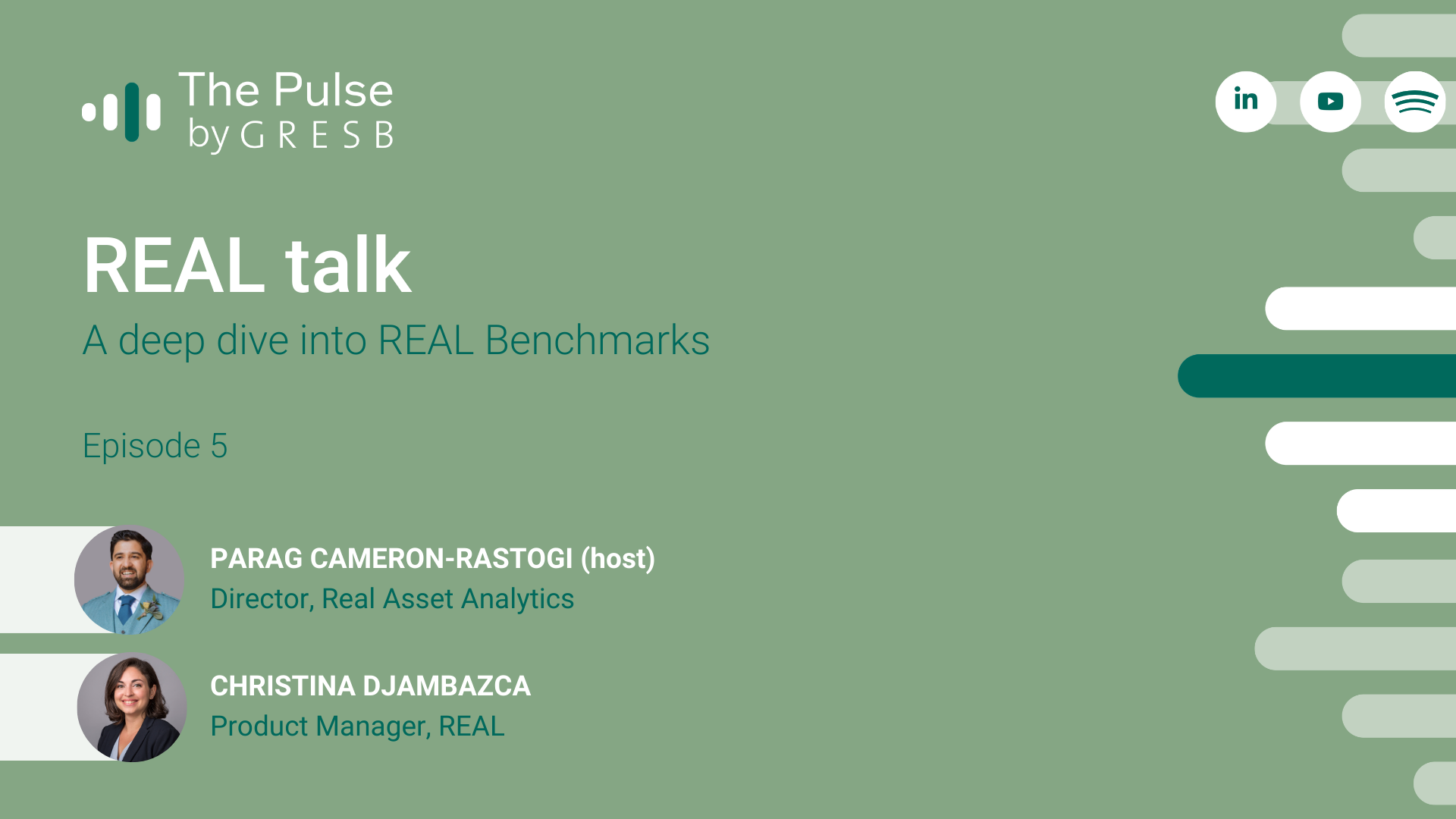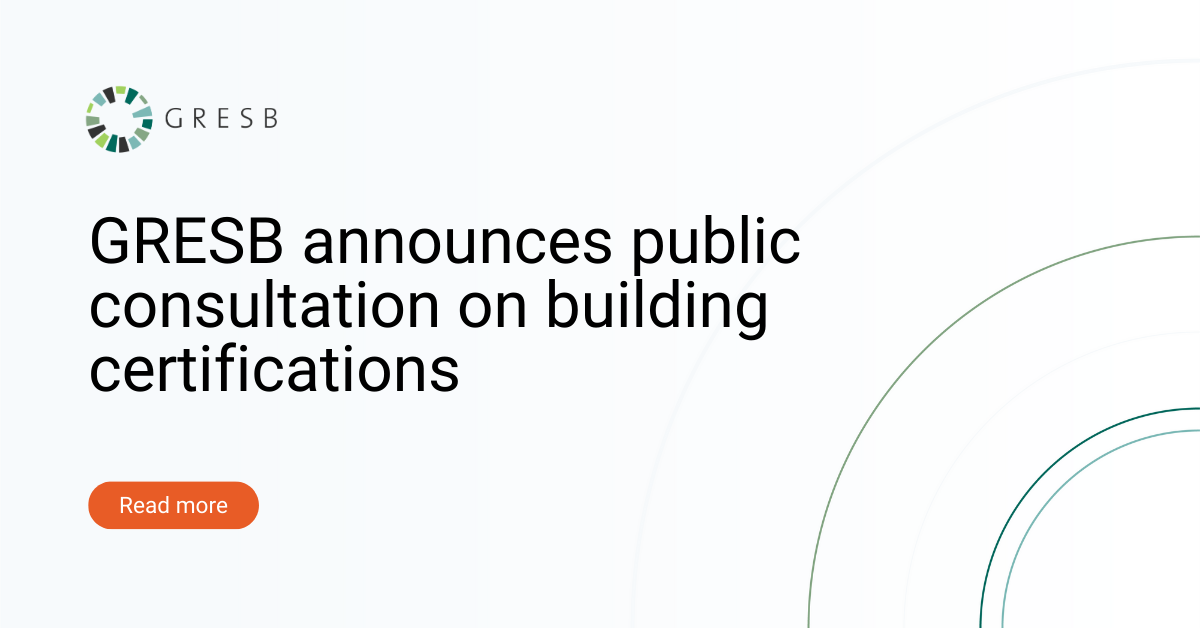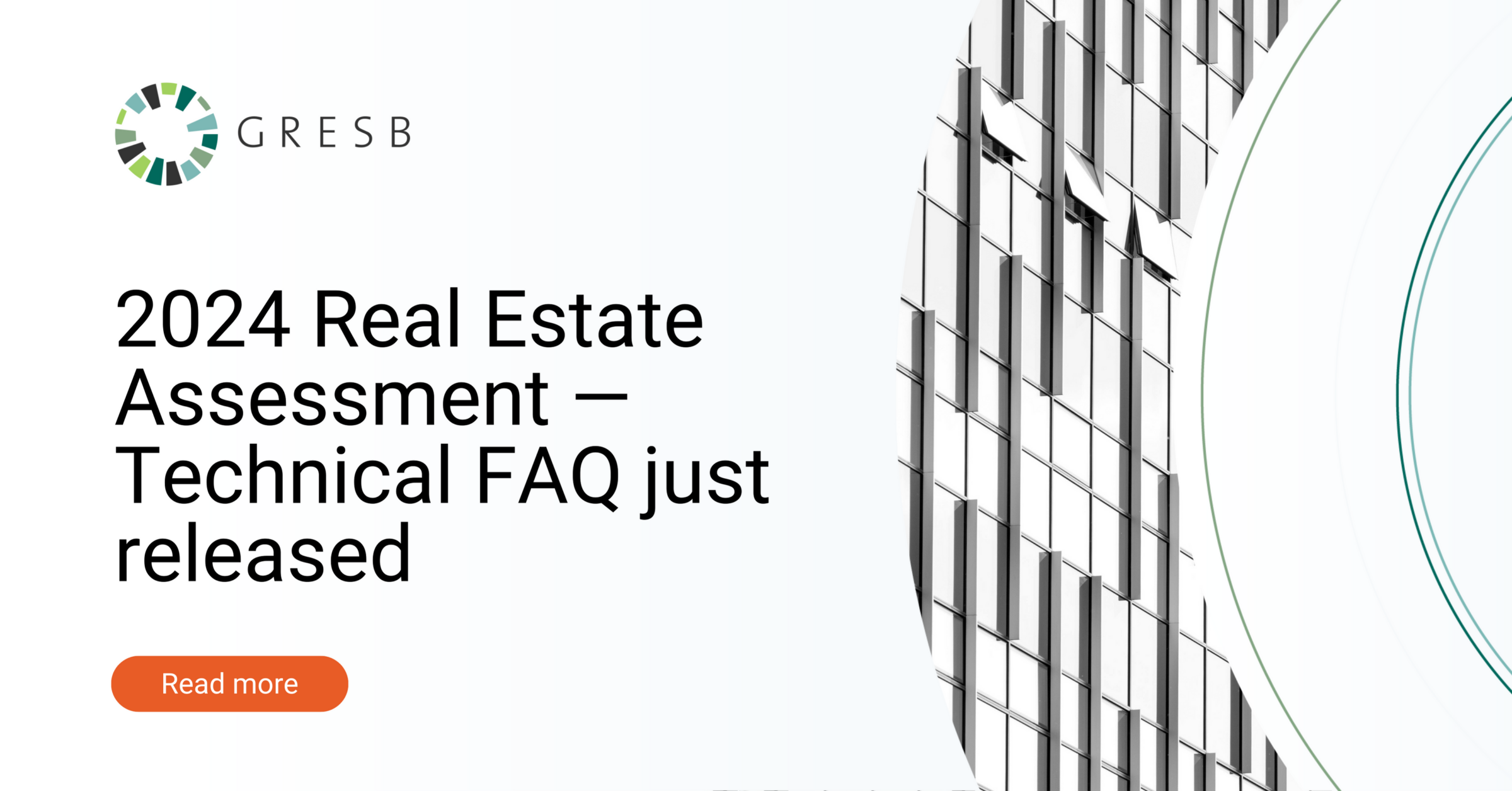Who we serve
GRESB is an independent organization providing validated ESG performance data and peer benchmarks for investors and managers to improve business intelligence, industry engagement and decision-making.
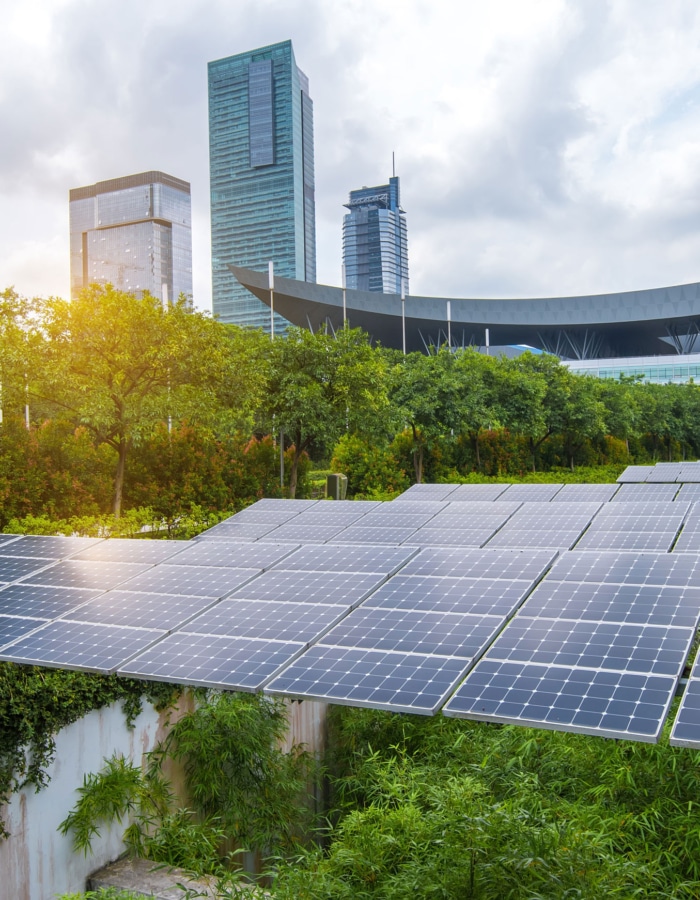
Institutional investors, asset owners
Investors use GRESB data and analytical tools to monitor ESG-related risks, opportunities and impacts and to engage with their investment managers.
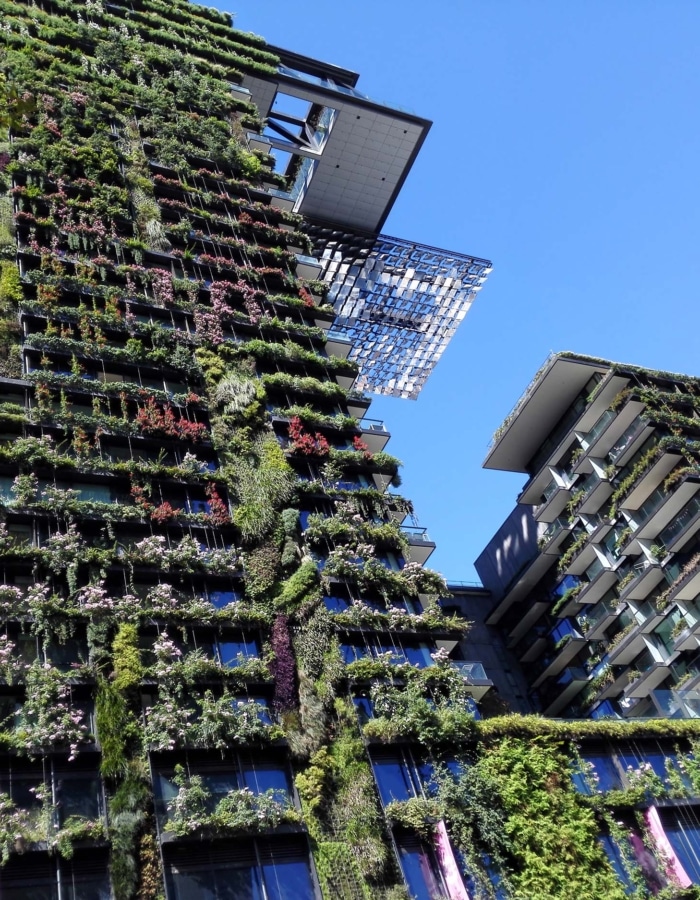
Companies, fund managers, asset operators
Managers and asset operators use GRESB to measure the ESG performance of their portfolios and assets and use their data to attract and engage investors.
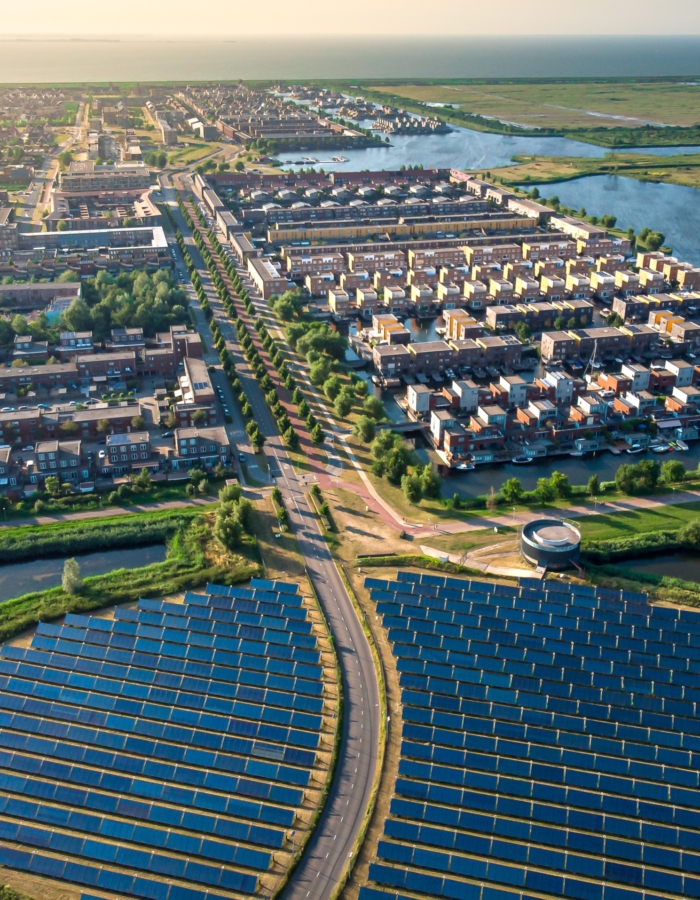
Consultants, solution providers, industry bodies
Partners offer their ESG services and solutions to investors and managers to advance sustainable investments.
By industry, for industry
A member-based organization, GRESB is trusted by 150 institutional and financial investors as well as 3,000 real estate and infrastructure funds, companies, and asset operators to improve decision-making.
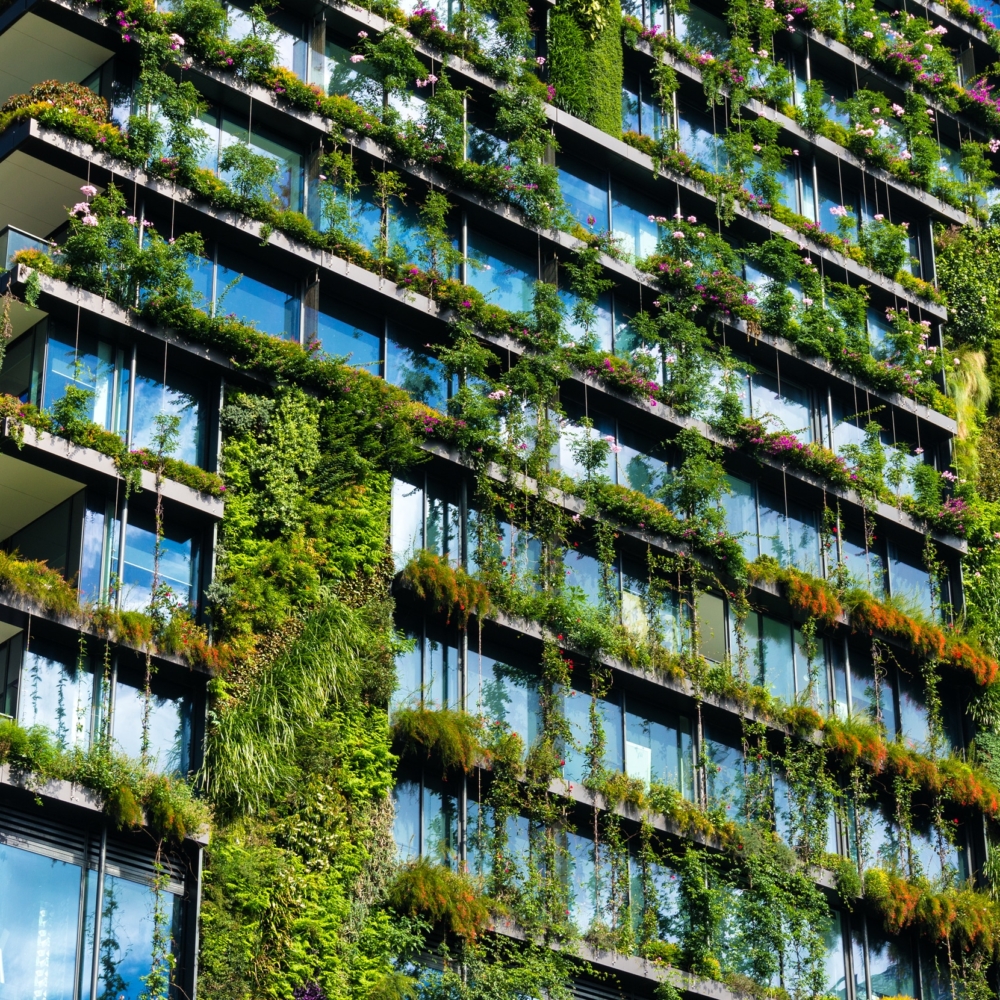
GRESB, the global ESG benchmark
Transitioning to a sustainable world is a fundamental challenge that we must face together.
GRESB is a mission-driven and investor-led organization that provides actionable and transparent Environmental, Social and Governance (ESG) data to financial markets.
We collect, validate, score, and independently benchmark ESG data to provide business intelligence, engagement tools, and regulatory reporting solutions. The resulting benchmark scores are based on a rigorous, consistent methodology so investors and managers can evaluate the ESG performance of a given fund.
An investment industry that plays a central role in creating a sustainable world
To provide financial markets with actionable insights, ESG data and benchmarks
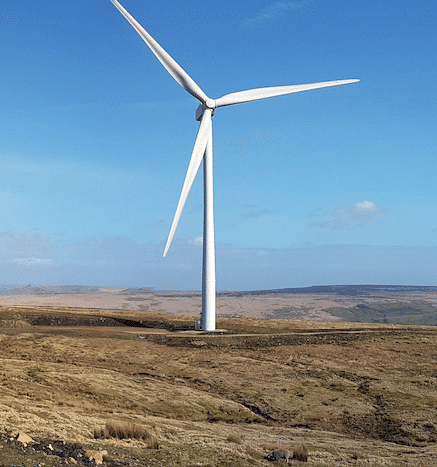
GRESB Assessments & Benchmarks
Real estate funds, REITs, property companies, real estate developers, infrastructure fund managers and asset operators use GRESB to assess their ESG performance. This is done in a standardized, globally recognized framework so both investors and managers can act on ESG data and insights.
More about the assessments98% of investors use ESG data in their investment process
Environmental, social and governance factors are more important than ever, as investors and global stakeholders place a premium on strong ESG performance. Investors and managers need reliable ESG data to paint a more comprehensive picture of their current and future financial risks and opportunities. GRESB can help:
- Measure your ESG performance
- Improve investor-manager engagement
- Compare your assets against peers
- Identify areas for improvements
Learn more about GRESB
"*" indicates required fields
